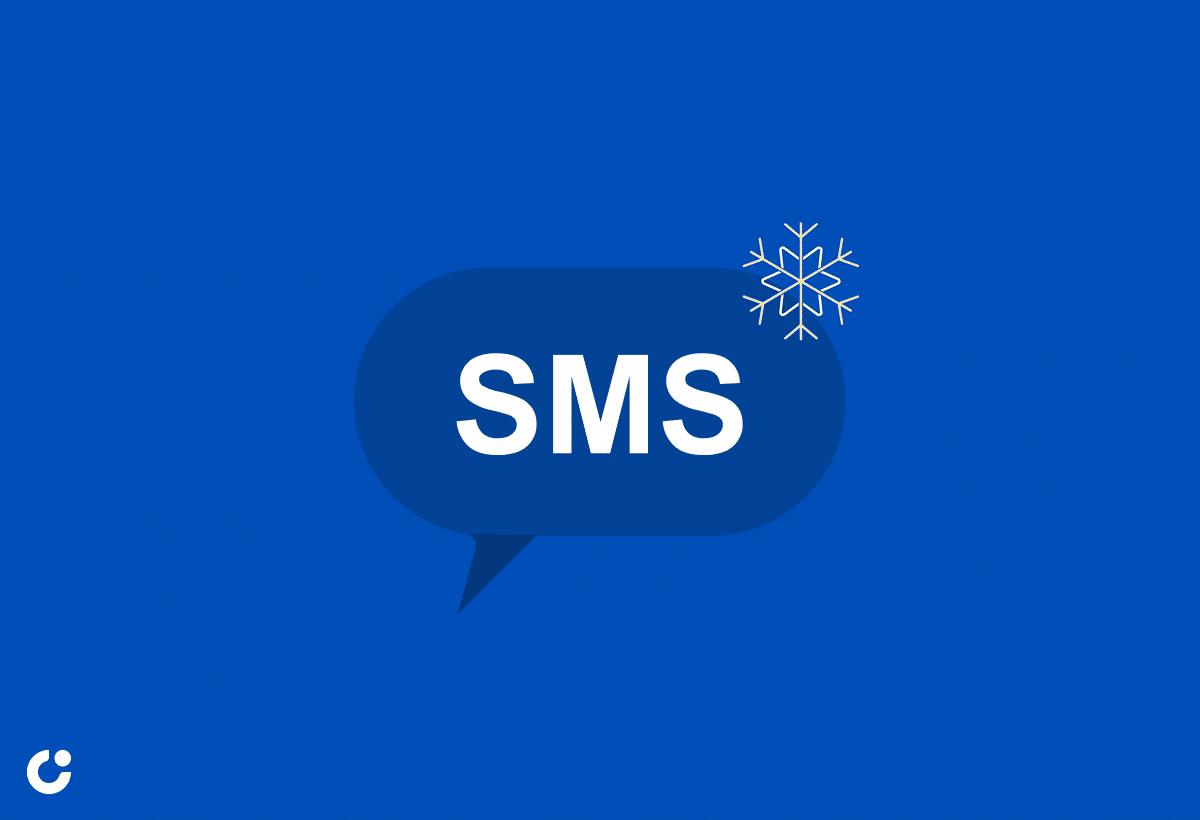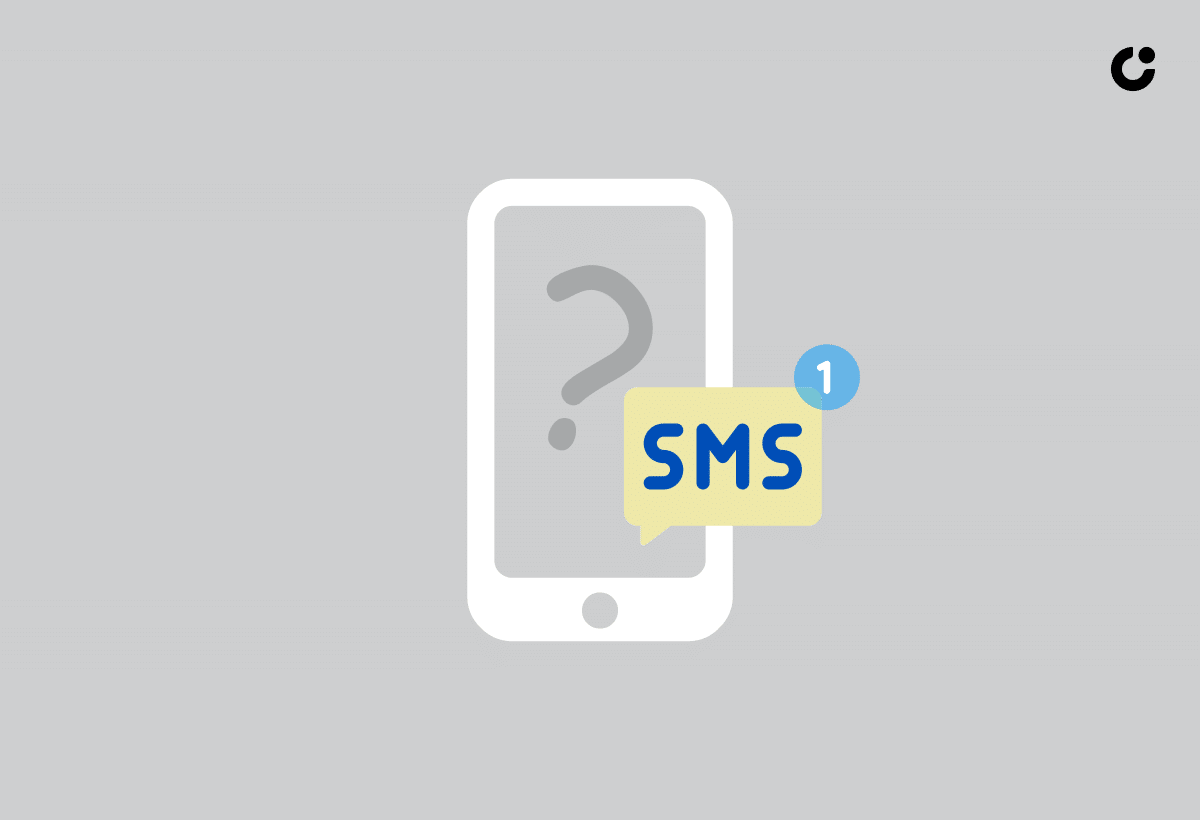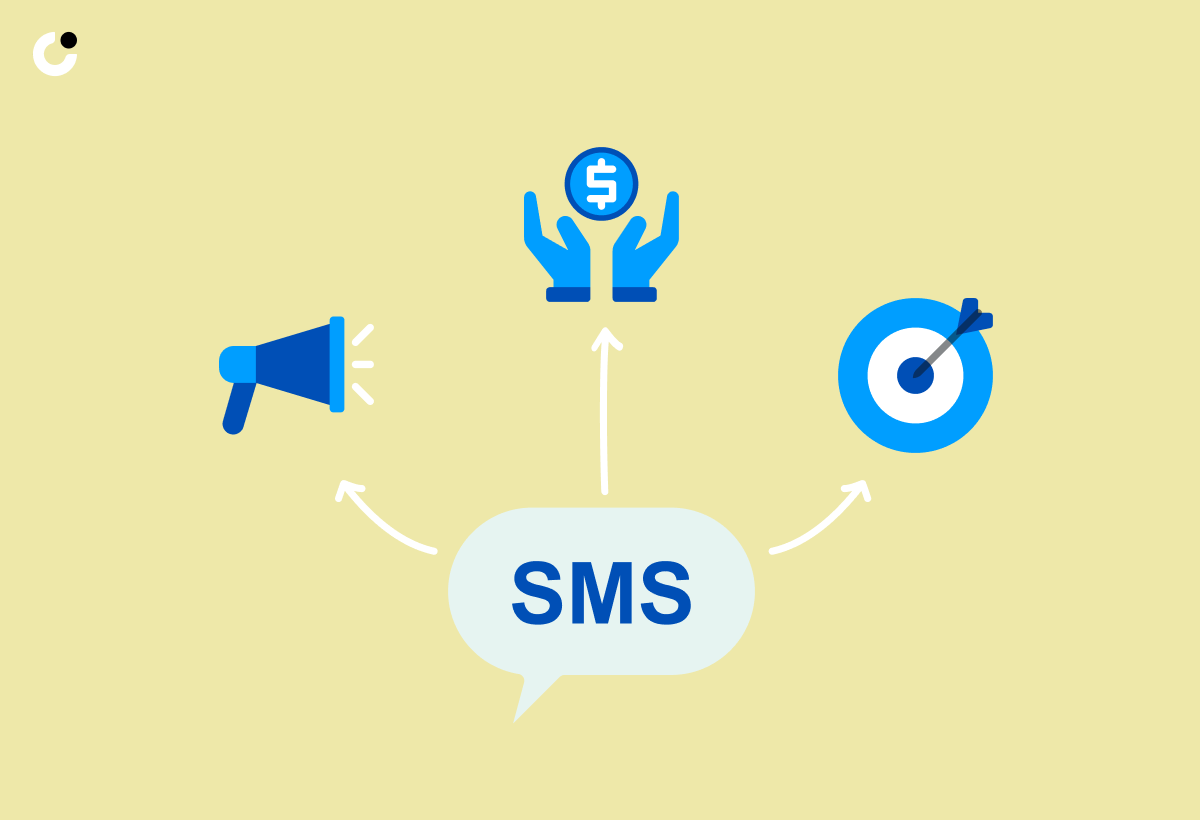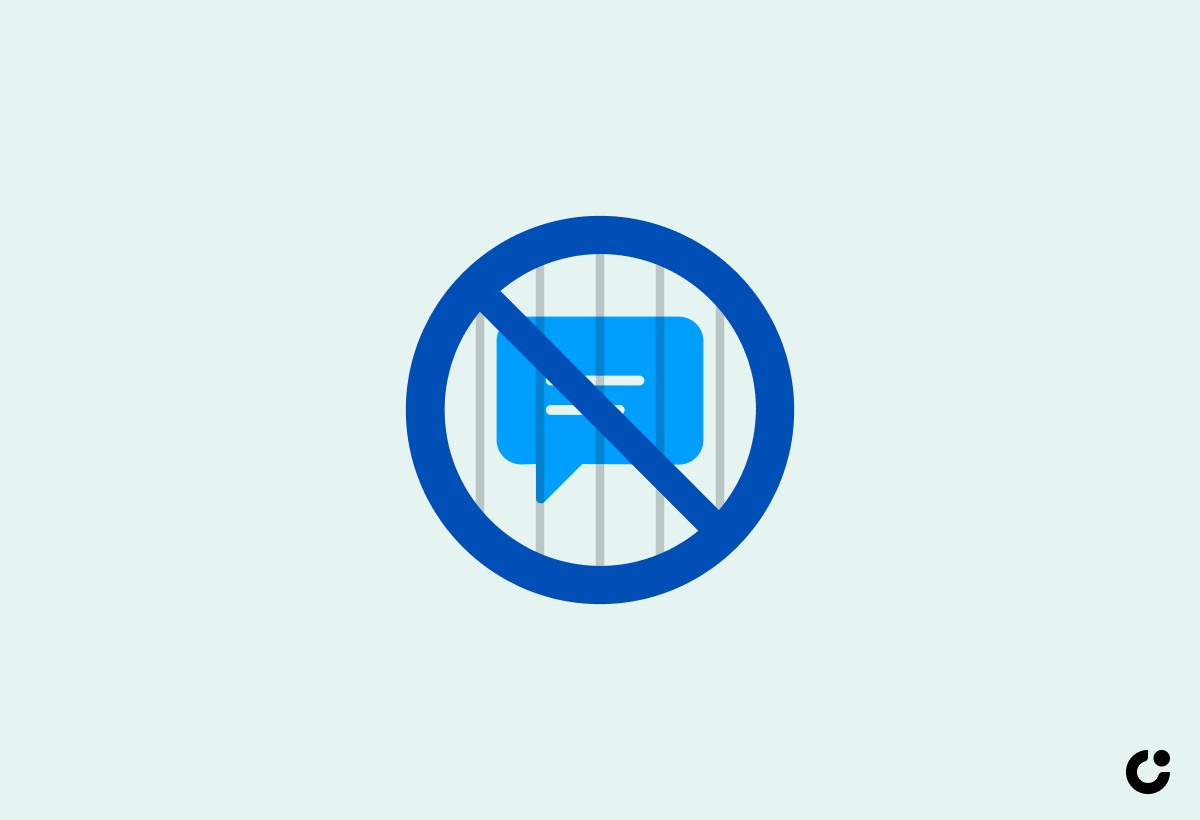Cold SMS, or cold texting, has been a popular method among businesses looking to quickly reach a large audience with their marketing and sales messages. However, it comes with its share of potential legal and ethical concerns.
So, how can businesses unlock the benefits of cold SMS while steering clear of these pitfalls? In this blog post, we will delve into the world of cold SMS, discuss its legality, and explore alternative approaches that are both effective and compliant. We will also offer tips on transforming cold SMS into warm conversations and best practices for achieving cold SMS success.
Short Summary
Cold SMS is the practice of sending unsolicited text messages for marketing and sales purposes, which can be risky and may violate regulations.
Businesses should seek alternative methods that are legal and effective such as warm texting, opt-in strategies, and SMS tools to engage customers while complying with privacy laws.
Best practices include targeting the right audience, crafting compelling messages, monitoring performance data to optimize campaigns.
Understanding Cold SMS: Definition and Use Cases

Cold SMS refers to the practice of sending unsolicited text messages to potential customers without their prior consent, primarily for marketing and sales purposes. This approach is similar to cold calling or cold emailing, and it can be employed by businesses for various objectives, such as advertising products and services, generating leads, and launching exclusive offers and discounts.
The benefits of sending cold text messages include the potential for lead generation, fostering stronger connections with prospective clients, and reaching a substantial number of people quickly. However, cold texting is generally considered invasive and potentially illegal, depending on the country and region, as businesses are required to obtain prior consent from the recipient before sending a cold text message.
What is Cold SMS?

Cold SMS is the practice of sending text messages to individuals who have not previously been contacted or given their consent, typically for promotional or sales activities, making it a form of business texting. These unsolicited text messages, also known as send cold text messages, are often sent by sales and marketing professionals who may have obtained the prospect’s phone number online or from other sources.
Cold texting illegal practices are considered unlawful due to their violation of the Telephone Consumer Protection Act (TCPA) and other regulations designed to protect consumers from receiving unsolicited messages. As a result, sending cold text messages can be a risky endeavor for businesses, and it is crucial to explore alternative, legal methods for SMS marketing, such as working with a reputable telephone consumer protection agency.
Who Uses Cold SMS?

Businesses, particularly those in marketing and sales, use cold SMS to generate leads and increase brand awareness, despite the potential legal risks and negative perception. Cold SMS is often employed by sales and marketing professionals who contact prospects or leads without prior contact, sometimes referred to as cold texting prospects. To initiate the sales process, they may search for a prospect’s phone number online.
However, cold SMS could be deemed unlawful in certain countries and may be viewed unfavorably by certain individuals, leading businesses to seek alternative approaches for customer outreach, such as warm texting, SMS opt-in strategies, and integrating SMS marketing tools.
Common Cold SMS Scenarios

Typical cold SMS scenarios involve sending promotional offers, event invitations, and product announcements to individuals who have not specifically opted in to receive such messages. These unsolicited text messages may be sent to contacts without prior consent, using phone numbers obtained from online listings, networking events, or other sources.
The purpose of using common cold SMS scenarios is to:
Extend outreach to potential customers who may not have been previously exposed to a company or its products
Send promotional offers, event invitations, and product announcements
Expand reach and potentially acquire new customers.
However, using common cold SMS scenarios could potentially result in legal repercussions, such as fines or penalties, for sending unsolicited messages, as well as reputational damage if perceived as sending spam messages.
The Legality of Cold SMS: Risks and Regulations

The legality of cold SMS varies depending on the country and region, with privacy laws and regulations often requiring businesses to obtain explicit consent from recipients before sending text messages. For example, in the US, businesses must obtain explicit permission from prospects or customers before sending SMS messages.
Non-compliance with these regulations can result in fines, legal action, and reputational harm. As such, it is crucial for businesses to be aware of the legal implications of cold SMS and seek alternative, compliant approaches to customer outreach.
Why is Cold SMS Illegal?

Cold SMS is considered illegal because it violates privacy laws and regulations that protect consumers from unsolicited communications. In the US, for instance, businesses are required to obtain explicit permission from prospects or customers before sending SMS messages. Non-compliance with these regulations can result in fines, legal action, and reputational harm.
As cold SMS is often perceived as intrusive and potentially illegal, businesses should consider alternative, legal methods for customer outreach, such as warm texting, SMS opt-in strategies, and integrating SMS marketing tools.
Potential Consequences for Non-Compliance

Failure to comply with cold SMS regulations can lead to fines, legal action, and a negative impact on a business’s reputation. Businesses that disregard these regulations may face penalties, fines, and legal action, as well as a prohibition on sending SMS marketing messages without consent.
Non-compliance with these regulations may also result in significant fines and penalties and damage to a business’s reputation. To avoid these potential consequences, businesses should ensure compliance with cold SMS regulations and consider alternative, legal approaches to customer outreach.
Key Regulations to Follow

When utilizing SMS for marketing and sales purposes, it is essential to obtain explicit opt-in consent from recipients, offer opt-out options, and adhere to specific messaging guidelines. To ensure explicit opt-in consent, businesses should provide a clear and concise explanation of what recipients are signing up for and offer the option to opt-out at any time. Opt-out options can be facilitated by including a link to an unsubscribe page in each message, or by providing a phone number or email address that recipients can use to opt-out.
Additionally, businesses should ensure that their messages are relevant to the recipient, not deceptive, and not sent too often, while also adhering to any applicable laws or regulations.
Alternatives to Cold SMS: Legal and Effective Approaches

As cold SMS can be both invasive and potentially illegal, it is crucial for businesses to explore alternative, legal, and effective approaches to customer outreach. Legally-compliant and effective alternatives to cold SMS include warm texting, implementing SMS opt-in strategies, and integrating SMS marketing tools into your overall marketing strategy.
Warm texting involves sending personalized, relevant text messages to recipients who have explicitly opted in to receive communications from your business. SMS opt-in strategies make it easy for potential customers to subscribe to your text messages using various methods, such as keywords and click-to-text buttons.
Integrating SMS marketing tools into your marketing strategy allows businesses to effectively reach and engage their target audience while maintaining compliance with regulations.
Warm Texting

Warm texting is the clear alternative to cold texting, as it involves sending personalized, relevant text messages to recipients who have explicitly opted in to receive communications from your business. This approach is employed to nurture and maintain a connection with potential customers through personalized and targeted text messages, which is distinct from cold texting, where contact is made with potential customers who have not expressed any prior interest.
By focusing on warm texting and obtaining explicit consent from recipients, businesses can avoid the legal risks associated with cold SMS and create more meaningful conversations with their target audience.
SMS Opt-In Strategies

SMS opt-in strategies involve utilizing keywords, click-to-text buttons, and sign-up forms to enable potential customers to conveniently subscribe to your text messages. A keyword is a term used to subscribe a customer to receive future texts when sent to the business’ number. A click-to-text button is a feature that enables users to open their native messaging app with a single click.
SMS sign-up on a website is another method of obtaining a customer’s consent to send them text messages, by prompting an SMS sign-up during checkout or when creating an account with the company. By implementing SMS opt-in strategies, businesses can ensure that their text messages are well-received and comply with privacy regulations.
Integrating SMS Marketing Tools

Integrating SMS marketing tools, such as bulk messaging platforms and audience segmentation features, can help businesses effectively reach and engage their target audience while maintaining compliance with regulations. SMS marketing tools enable businesses to send targeted messages based on the preferences and behaviors of their customers, thereby creating a more personalized and relevant experience for each recipient.
As a result, integrating SMS marketing tools into a marketing strategy can yield significant benefits for businesses looking to connect with their audience through text messaging.
Transforming Cold SMS into Warm Conversations

Transforming cold SMS into warm conversations requires personalization, providing value, and maintaining compliance with privacy regulations. Personalization techniques, such as using the recipient’s name and tailoring content to their interests, can help create engaging and relevant messages that foster a connection with potential customers.
Providing value and building trust with recipients involves offering relevant information, addressing their concerns, and avoiding spammy or overly promotional messages. By adhering to these best practices, businesses can successfully transform cold SMS into warm, meaningful conversations that lead to long-term relationships with their target audience.
Personalization Techniques

Effective personalization techniques include segmenting emails based on subscribers’ interests, dynamically changing content based on the time of visit, and utilizing predictive personalization. These techniques can help to enhance audience engagement and create a tailored experience for customers.
Personalization techniques can be employed to customize content to the recipient’s preferences, include the recipient’s name in the message, and facilitate meaningful interactions. By implementing personalization techniques, businesses can create more engaging and relevant messages that resonate with their target audience.
Providing Value and Building Trust

Creating a positive relationship with recipients and encouraging engagement with your messages through providing value and building trust is essential. To provide value, businesses should gain an understanding of their target audience’s needs and interests, and customize messages to suit each recipient. Transparency regarding messaging practices and clear opt-out options should be provided to address recipient concerns.
Additionally, businesses should ensure that their messages are appropriate, timely, and not excessively promotional, in order to avoid sending spammy or unwanted messages.
Maintaining Compliance

To remain compliant with cold SMS regulations, businesses must obtain explicit opt-in consent from recipients, provide opt-out options, and adhere to relevant messaging guidelines. Gaining explicit opt-in consent is essential to ensure customers are aware of the messages they are receiving and have given their consent to receive them.
Opt-out options can be facilitated by including an opt-out link in each message or providing a way for customers to reply with a keyword to opt-out. Maintaining compliance with these regulations is crucial for businesses looking to transform cold SMS into warm conversations while avoiding potential legal repercussions.
Best Practices for Cold SMS Success

Best practices for cold SMS success involve targeting the right audience, crafting compelling messages, and measuring and optimizing performance. By familiarizing yourself with your target customer’s characteristics, categorizing your contacts based on their preferences, and concentrating on those who are likely to respond positively to your offerings, you can effectively target the right audience.
Crafting compelling messages involves keeping them concise and direct, including a clear call-to-action, and being creative with the message content.
Measuring and optimizing performance is essential for achieving cold SMS success, as it involves monitoring essential metrics, such as open and response rates, and making changes to your cold SMS strategy based on data to achieve better outcomes.
Targeting the Right Audience

To target the right audience, businesses should conduct research to create a customer profile that details their interests, needs, and preferences. This allows businesses to better understand their target audience and tailor their messages accordingly.
Businesses can also segment their contact list by demographics, interests, or other criteria in order to effectively target the appropriate audience. By focusing on the right audience and tailoring their messages based on their preferences, businesses can improve the effectiveness of their cold SMS campaigns and generate more positive results.
Crafting Compelling Messages

In order to craft compelling messages, businesses should keep their messages short, relevant, and engaging, with a clear call-to-action that encourages recipients to take the desired action. This can involve offering incentives such as special deals, exclusive content, or the opportunity to accumulate rewards when the prospect enrolls in an SMS loyalty program.
Additionally, businesses should be mindful of the frequency of their messages, sending them judiciously at appropriate times and only when it is suitable for that particular contact. By crafting compelling messages that resonate with recipients, businesses can increase the likelihood of recipients engaging with their content and taking the desired action.
Measuring and Optimizing Performance

Measuring and optimizing performance is crucial for achieving cold SMS success, as it involves monitoring essential metrics, such as open and response rates, and making changes to your cold SMS strategy based on data to achieve better outcomes. To assess and optimize performance, businesses can use SMS marketing tools that provide insights into key metrics and facilitate data-driven adjustments to improve results.
By continually monitoring and optimizing performance, businesses can ensure that their cold SMS campaigns are as effective as possible, leading to greater success and a higher return on investment.
Summary
In conclusion, cold SMS can be a powerful tool for businesses when used effectively and legally. By understanding the definition and use cases of cold SMS, being aware of the risks and regulations involved, and exploring legal and effective alternatives, businesses can unlock the benefits of cold SMS while avoiding potential pitfalls. By implementing best practices for targeting the right audience, crafting compelling messages, and measuring and optimizing performance, businesses can transform cold SMS into warm conversations that lead to long-term relationships with their target audience.
Frequently Asked Questions
What is cold SMS?
Cold texting is a form of outreach where businesses send text messages to contacts that have not given prior consent. It is similar to cold calling and cold emailing, typically done by purchasing a contact list or finding customer information online.
Cold texting can be a powerful tool for businesses to reach out to potential customers, but it is important to be aware of the legal implications of sending unsolicited messages. Businesses should always ensure that their workers are safe.
Is cold SMS marketing legal?
Cold SMS marketing is illegal as it violates global privacy laws and can result in hefty fines if not properly monitored. Therefore, it is important to adhere to the opt-in process and gain individuals’ consent before sending out any communication.
What is the difference between cold SMS and warm texting?
Cold SMS involves sending unsolicited messages, whereas warm texting involves sending personalized text messages to those who have opted in.
What are some legal and effective alternatives to cold SMS?
Effective alternatives to cold SMS include warm texting, implementing opt-in strategies, and integrating SMS marketing tools into your overall marketing plan.

